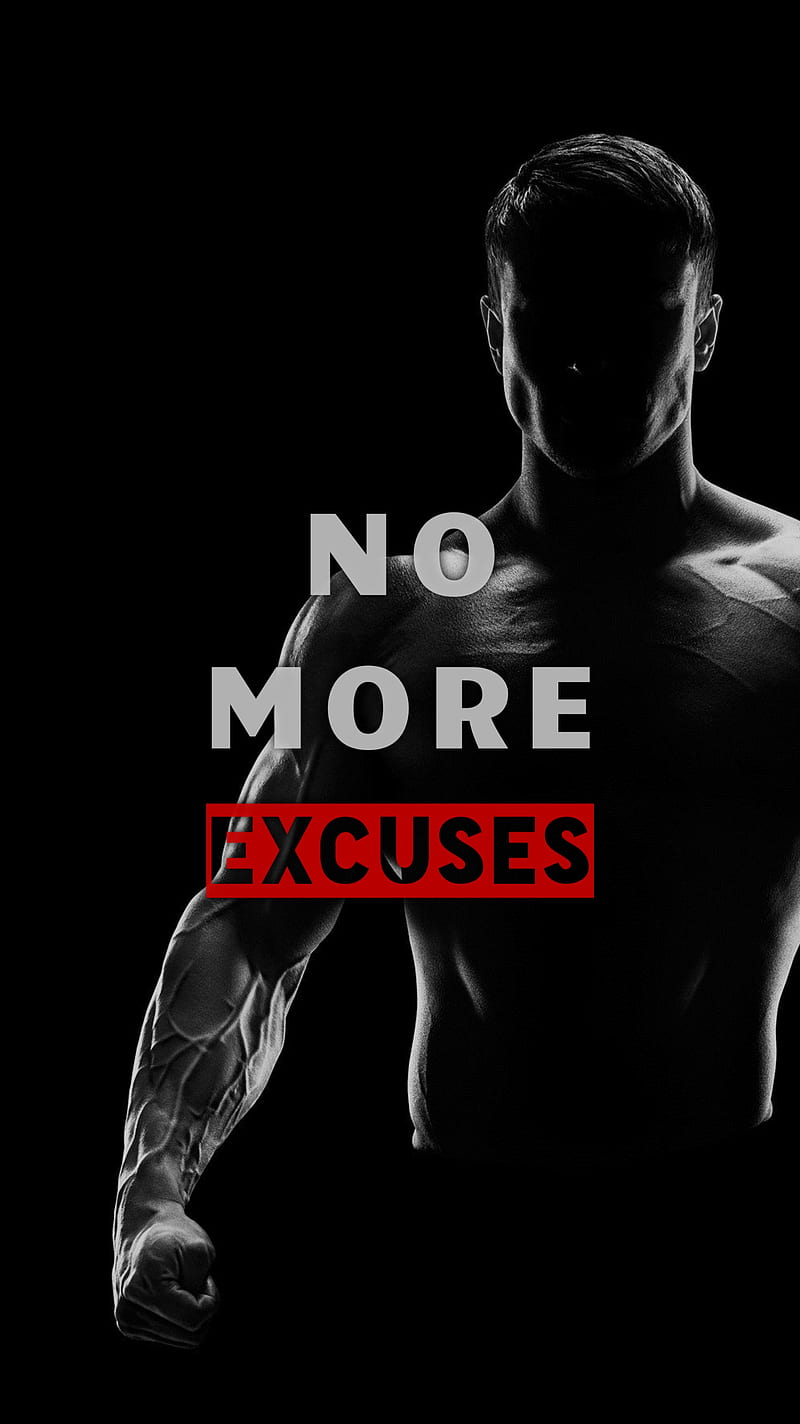Rise by Six: Your Daily Dose of Inspiration
Explore insights and stories that elevate your day.
Excuses Are Like Gym Clothes: Everyone Has Them, But Are You Wearing Yours?
Uncover the truth behind excuses! Discover how to ditch them and start living your best life today. Are you ready to change?
5 Common Excuses That Keep You From Your Fitness Goals
When it comes to reaching your fitness goals, many people find themselves falling into the trap of making excuses. One of the most common excuses is lack of time. In today's fast-paced world, it's easy to feel overwhelmed, leaving little room for exercise. However, even short, effective workouts can yield significant results. Incorporating just 30 minutes of physical activity into your daily routine can be as simple as taking the stairs instead of the elevator or going for a brisk walk during your lunch break.
Another prevalent excuse is not knowing where to start. Many individuals feel intimidated by the gym atmosphere or are unsure about how to create a proper workout plan. This can lead to frustration and ultimately give up on fitness goals. Taking the initiative to seek guidance through online resources, fitness apps, or personal trainers can make a significant difference. Remember, everyone has to start somewhere, and building a personalized plan is a great way to set yourself up for success.

The Psychology Behind Fitness Excuses: Why We Avoid the Gym
Understanding the psychology behind fitness excuses can reveal why many individuals struggle to maintain a consistent gym routine. One significant factor is the concept of cognitive dissonance, where individuals hold conflicting beliefs about their fitness goals and their actions. For instance, someone may want to be healthier and fit but simultaneously feel overwhelmed by the effort required for exercise, leading to justifications like, 'I don't have the time' or 'I'm too tired.' This mental conflict often results in avoidance behaviors, as individuals do not want to confront the disconnect between their desires and their current lifestyle.
Another vital aspect is the role of self-esteem and motivation in fitness participation. Many people associate their worth with their physical appearance and fitness levels, which can be intimidating when facing the mirror at the gym. This fear of judgment can lead to various excuses, such as 'I don’t know how to use the equipment' or 'Everyone is watching me.' Furthermore, social influences, including peer pressure and societal standards, can exacerbate these feelings, resulting in a reluctance to engage in fitness activities. Recognizing and addressing these underlying psychological factors can be essential for breaking the cycle of excuses and fostering a healthier relationship with exercise.
Are You Wearing Your Excuses Like Gym Clothes? Recognizing Your Barriers to Success
Every day, countless individuals step into the gym, donning their favorite workout gear, ready to tackle their fitness goals. However, have you ever paused to consider that just as you may wear gym clothes, you might also be cloaked in a multitude of excuses? Recognizing your barriers to success begins with a self-reflective examination of these excuses. Instead of focusing on the potential benefits of change, many individuals find themselves caught in a cycle of procrastination, citing reasons that range from a lack of time to an overwhelming sense of fear and uncertainty. It’s crucial to identify whether these excuses are genuine obstacles or merely comfort blankets that shield us from taking action.
To embrace change and propel yourself towards your goals, you must first strip away these layers of justification. Consider creating a list of the excuses you frequently rely on and then challenge each one. For instance, if you often proclaim, "I don't have time," turn this into an actionable strategy by prioritizing your schedule. By replacing excuses with solutions, you’re empowering yourself to take control of your journey. Remember, success requires not just effort, but a conscious decision to shed your excuses like those old gym clothes that no longer serve you. Let go of what holds you back and step boldly into the future you deserve.